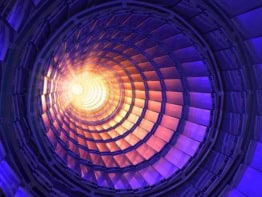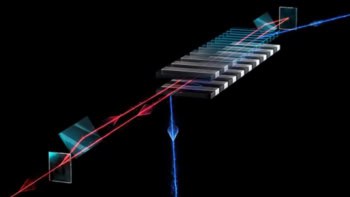Several leading physicists including Hans Bethe, Freeman Dyson, and Herbert York, have written a letter to 100 US senators calling on the US to ratify the Comprehensive Test Ban Treaty (CTBT). "With the CTBT in force and its verification system fully operational, China and other nations would be unable to conduct clandestine nuclear tests," they say. The letter addresses concerns in the Senate that China has stolen nuclear secrets from the US. Bethe won the 1967 Nobel prize for physics, Freeman Dyson is a respected theoretical physics from the Institute for Advanced Study in Princeton, and Herbert York, was the founding director of Lawrence Livermore National Laboratory.
The Senate has become increasingly vocal about alleged Chinese spying at the Los Alamos National Laboratory (see PhysicsWeb 28 May) and has argued for increased security at the nuclear weapons labs. Bethe – who was also in charge of the Manhattan bomb-project’s theoretical physics division – and the other authors of the letter point out that ratifying the CTBT would be more likely to increase US security.
They say that any country developing an atomic weapon would still have to test it, and the CTBT is still the best way of observing such a test.
It has been almost two years since the CTBT was submitted for ratification to the Senate. Since then it has come under political fire from Senator Jesse Helms, chairman of the Senate Foreign Relations Committee, who has delayed ratification of the treaty. America and Russia are the last two major nuclear weapon states to ratify the CTBT. Delays in ratifying the CTBT in the Senate has put the treaty in doubt and delayed ratification of START II in Russia. It has also jeopardised negotiations on START III, the next round of disarmament discussions between Russia and the US.



